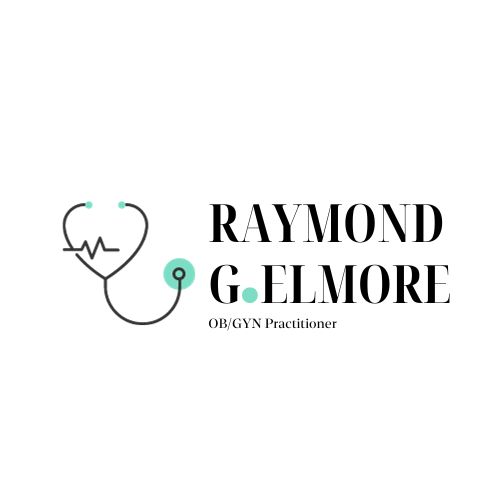Precision medicine, an innovative approach to healthcare, is transforming the landscape of medical treatments by customizing therapies to fit individual patient’s genetic makeup and characteristics. Unlike traditional one-size-fits-all methods, precision medicine harnesses the power of genetic information and cutting-edge technologies to deliver personalized treatments that offer better efficacy, fewer side effects, and improved outcomes.
At the core of precision medicine lies the understanding that each person’s genetic profile and environmental and lifestyle factors influence their susceptibility to diseases and their response to treatments. Scientists and healthcare professionals can identify specific variations, mutations, or biomarkers relevant to diseases or conditions by analyzing an individual’s genetic data.
Advancements in genomic sequencing technologies have accelerated the progress of precision medicine. Genetic testing, such as whole-genome sequencing or targeted genetic panels, allows for comprehensive analysis of an individual’s DNA, identifying genetic variations associated with specific diseases or drug responses. This information guides healthcare providers in tailoring treatment plans uniquely suited to each patient.
Cancer treatment exemplifies the success of precision medicine. Molecular profiling of tumors enables oncologists to identify genetic mutations that drive the growth of cancer cells. Targeted therapies designed to counteract these mutations have shown remarkable success in treating certain types of cancer, leading to better outcomes and prolonged patient survival rates.
Moreover, precision medicine extends beyond cancer. Inherited genetic disorders, cardiovascular diseases, neurological conditions, and many other complex illnesses can benefit from this approach. For instance, in cardiology, genetic testing helps identify individuals at risk of inherited heart conditions, allowing for early intervention and preventive measures to mitigate potential risks.
However, the widespread adoption of precision medicine faces challenges, including the cost of genetic testing, data privacy concerns, and the need for robust infrastructure to accurately analyze and interpret large volumes of genetic data. Ensuring equitable access to these advancements for all populations remains a key challenge.
Precision medicine represents a revolutionary shift in healthcare by moving towards tailored, individualized treatments. By leveraging genetic insights and cutting-edge technologies, precision medicine promises more effective and targeted therapies, ultimately improving patient outcomes and bettering the future of healthcare. As research continues and technology evolves, the potential of precision medicine to address previously untreatable diseases and to enhance personalized healthcare remains an exciting frontier in medicine. Efforts to overcome challenges and make these advancements accessible to a broader population will be vital to realizing the full potential of precision medicine.

